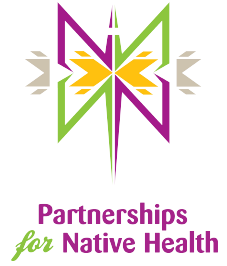Home > Indigenized Motivational Interviewing: What is MI, & Why Use it with Native Clients? 2-Day Virtual Training Resource Page

This training is for professionals working in Native communities in Alaska, Idaho, Oregon or Washington. Offered in collaboration with Partnerships for Native Health at Washington State University.
Please contact us at [email protected] with any questions.
The MI Prayer
Guide me to be a patient companion,
to listen with a heart as open as the sky.
Grant me vision to see through her eyes
and eager ears to hear her story.
Create a safe and open mesa on which we may walk together.
Make me a clear pool in which she may reflect.
Guide me to find in her your beauty and wisdom,
knowing your desire for her to be in harmony:
healthy, loving and strong.
Let me honor and respect her choosing of her own path,
and bless her to walk it freely.
May I know once again that although she and I are different,
yet there is a peaceful place where we are one.
*Miller WR, Rollnick S. (2013). Motivational Interviewing: Helping People Change. 3rd ed. New York, NY. The Guildford Press. Created in collaboration with Mr. Ray Daw (Dine´).

Dr. Lonnie Nelson (descendant of the Eastern Band of Cherokee Indians) earned his PhD in Clinical Psychology from the University of Arizona and completed a postdoctoral fellowship in Rehabilitation Psychology at University of Washington's Harborview Medical Center. In 2012, he returned to the field of Native health disparities through the Patient Centered Outcomes Research Career Development Award (K12) at the University of Washington School of Public Health.
Dr. Nelson joined the Washington State University College of Nursing in 2015. His work aims to address health disparities experienced by American Indian and Alaska Native communities through multiple avenues. His current research interests focus on the elimination of health disparities in urban dwelling and other Native populations through the application of culturally adapted evidence-based interventions and other patient centered approaches to changing health behaviors, such as indigenized motivational interviewing and harm reduction treatments. Outside of work, he enjoys making and using traditional Native archery gear and spending time with his 3-year-old daughter, Amelia.